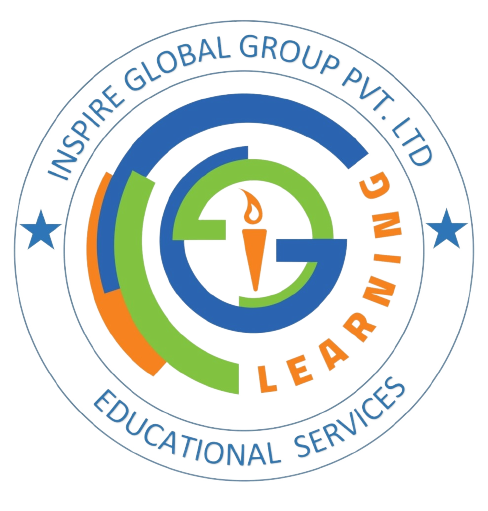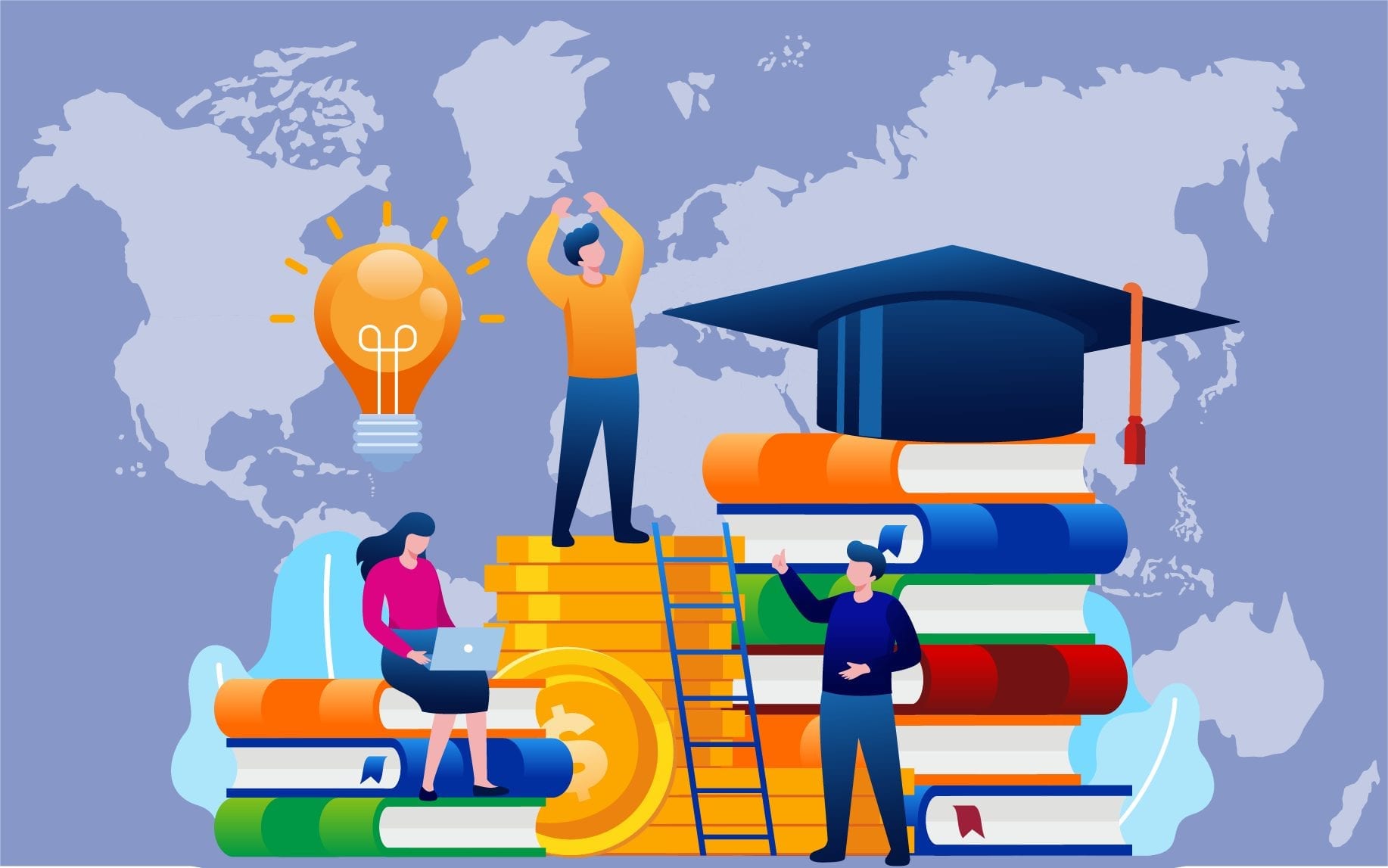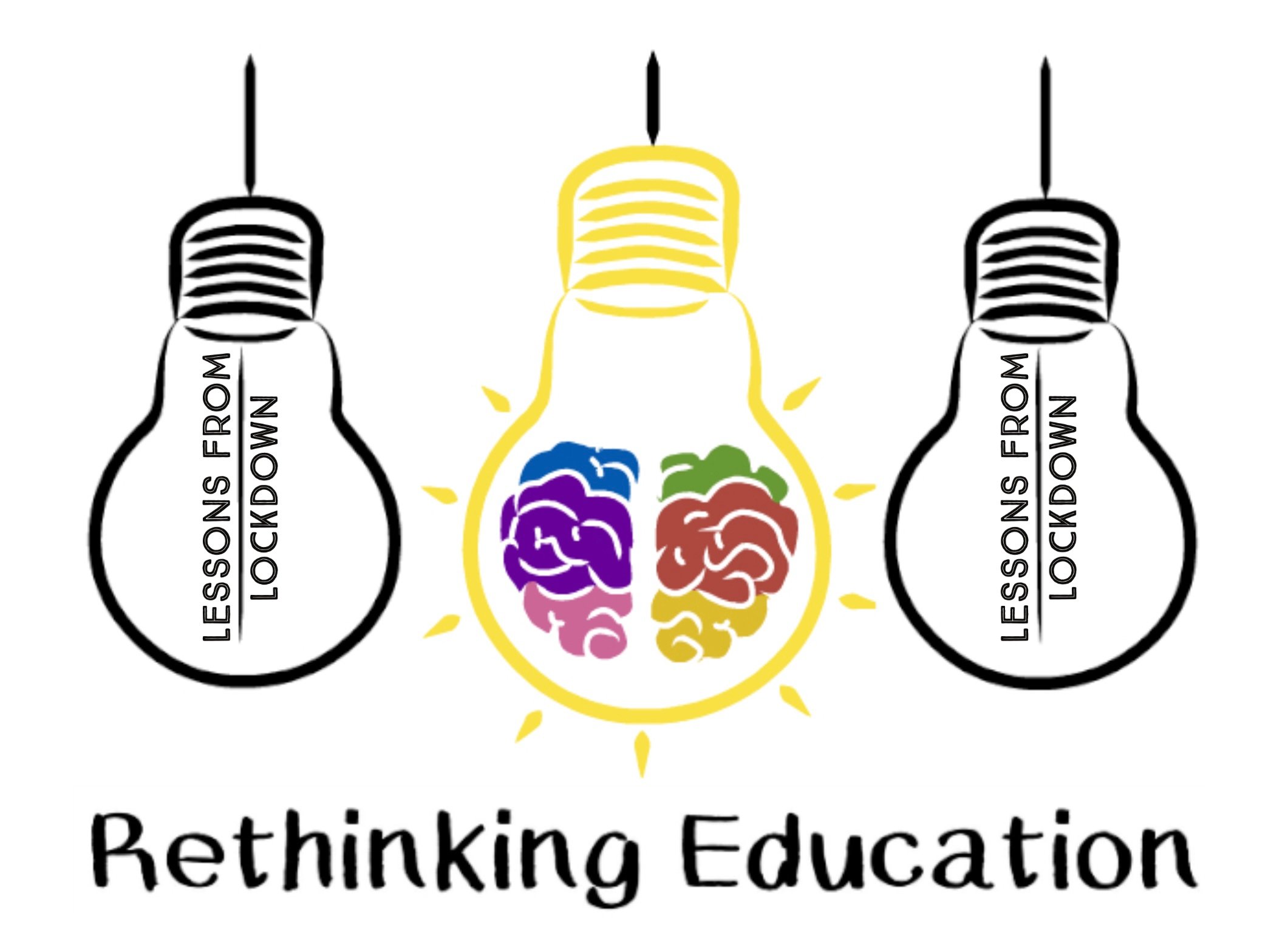Rethinking Education: Nurturing Lifelong Learning in a Changing World
The education system serves as the cornerstone of society, shaping the minds and futures of generations to come. However, as the world undergoes rapid technological, economic, and social transformations, it's imperative to reassess the role and effectiveness of our education system in preparing students for the challenges and opportunities of the 21st century. Let's delve into the complexities of the education system and explore strategies for nurturing lifelong learning in a changing world.
The Current Landscape
The traditional education system, with its emphasis on standardized testing, rote memorization, and one-size-fits-all curriculum, often fails to adequately prepare students for the demands of the modern world. In an era defined by rapid technological advancement, globalization, and complex societal issues, students need more than just academic knowledge—they need critical thinking skills, creativity, adaptability, and resilience to thrive in a constantly evolving landscape.
Key Challenges
Several challenges plague the current education system, hindering its ability to meet the diverse needs of students and prepare them for success in the 21st century:
1. Rigid Curriculum: A rigid curriculum that prioritizes memorization over critical thinking stifles creativity and innovation, leaving students ill-equipped to navigate real-world challenges.
2. Inequity and Accessibility: Disparities in access to quality education perpetuate socioeconomic inequality, limiting opportunities for disadvantaged students and widening the achievement gap.
3. Standardized Testing: Overemphasis on standardized testing places undue pressure on students and teachers, narrowing the focus of education to test preparation rather than holistic learning outcomes.
4. Technological Integration: While technology has the potential to enhance learning experiences, many educational institutions struggle to effectively integrate technology into the curriculum and adapt to digital learning environments.
Nurturing Lifelong Learning
To address these challenges and foster a culture of lifelong learning, we must reimagine the education system to prioritize the following principles:
1. Holistic Education: Shift from a narrow focus on academic achievement to a holistic approach that encompasses cognitive, emotional, social, and physical development. Emphasize skills such as critical thinking, problem-solving, communication, collaboration, and emotional intelligence.
2. Personalized Learning: Recognize and accommodate the diverse needs, interests, and learning styles of students. Implement personalized learning approaches that allow students to pursue their passions, set individualized goals, and progress at their own pace.
3. Experiential Learning: Provide opportunities for hands-on, experiential learning that connects classroom concepts to real-world applications. Encourage project-based learning, internships, apprenticeships, and community engagement to deepen understanding and foster practical skills.
4. Flexible Curriculum: Rethink curriculum design to reflect the dynamic nature of knowledge and skills needed in the 21st century. Integrate interdisciplinary studies, cross-cultural perspectives, and emerging fields such as STEM (science, technology, engineering, and mathematics) and STEAM (adding arts to STEM) to prepare students for future careers and civic engagement.
5. Technology Integration: Leverage technology as a tool for innovation and collaboration, rather than a substitute for traditional teaching methods. Equip students with digital literacy skills and foster responsible use of technology for learning, communication, and problem-solving.
6. Equity and Inclusion: Prioritize equity, diversity, and inclusion in education policies and practices. Address systemic barriers to access and opportunity, and promote culturally responsive teaching practices that affirm the identities and experiences of all students.
Embracing Change for a Brighter Future
As we navigate the complexities of the 21st century, reimagining the education system is not only necessary but imperative. By embracing change, fostering a culture of lifelong learning, and prioritizing the holistic development of students, we can create an education system that equips individuals with the skills, knowledge, and resilience needed to thrive in an ever-changing world. Together, let's empower the next generation to become lifelong learners, innovators, and global citizens who will shape a brighter future for all.


